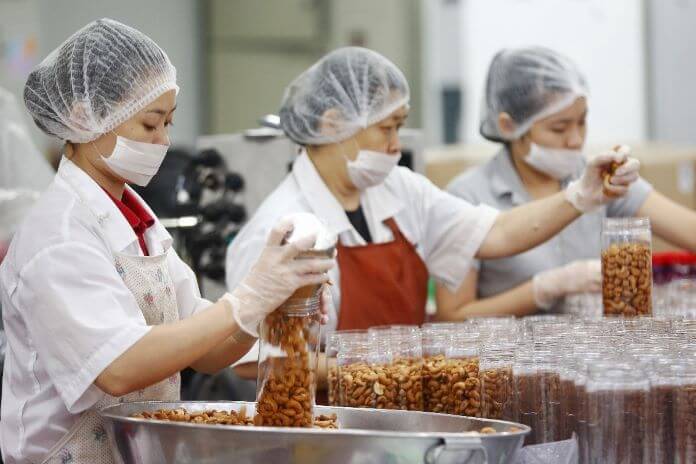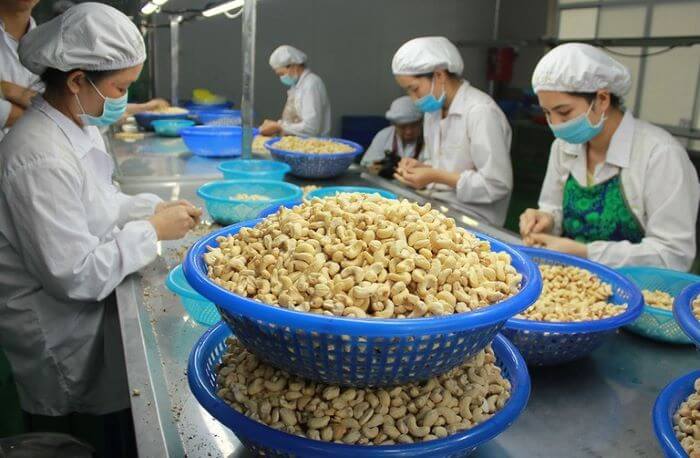Today, several foods have been turned into great, successful food companies by even everyday individuals. From salad dressings to cookies, salsas, and bread, we have seen this happen with lots of foods. That means anyone can start a food manufacturing company and be successful with it. All you need is planning to find a marketable niche product with which you can gain a loyal audience.
Successful entrepreneurs who created amazing food companies have one thing in common. They continually strive to satisfy customers in order to build repeat customers and a profitable business. If you have been looking for how to start a food production business, this article will surely guide you through what things you need to do.
RELATED ARTICLE: HOW TO START A STREET FOOD BUSINESS
Tips for Starting a Food Production Business
1. Develop an idea
This is the first thing you need to build a profitable food production business. Come up with a good idea. This may mean turning a family recipe into a food business, developing tasty foods for diabetics, etc. when you have developed an idea, the next thing is to conduct extensive market research. This will help you have a good idea of what you are getting into.
Good market research will help you decide on important factors such as packaging, target market to concentrate on, pricing, and how to go about branding your business. Starting this type of business without proper market research can mean great problems to the business in the long run.
2. Sort your ingredients
After deciding on which area of the food production industry you want to venture into, the next thing is sorting where and how to get your ingredients. Decide where you could be getting your ingredients and then get a tax exemption so you can buy food wholesale.
To make ingredient sorting easier for you, you can consider enrolling in an accredited program to help you get licensed for handling food. Some of these programs include the Food Safety Institute of America.
3. Get on the right side of the law
Like every other business, the food production business also involves some legal requirements. So, find out what permits or licenses you need to start such a business in your area. You also need to contact a food scientist to help you create a nutritional label and provide regulatory input.
Without proper licensing and permits, you are most likely going to be having issues with the law in the near future. Therefore, whenever you need help on this, don’t hesitate to walk up to your local government to get clarifications and help you need.
RELATED ARTICLE: COMPLETE PRACTICAL GUIDE TO START A FROZEN FOOD BUSINESS
4. Rent a space for your business
Look for a licensed commercial kitchen and rent a space there. That will serve as the place for you to mix the initial ingredients for you to sell to interested customers. If there is no in-house equipment or expertise in the kitchen already, you can make an arrangement with a co-packer to get your product off the ground. This is especially important when larger amounts of your food product are produced and you need to distribute them.
5. Find sellers for your product
Like many other entrepreneurs that ventured into this business, you can sell the initial batches of your product at Farmers’ Market. There, you can develop a base of loyal customers and also get useful information as to how you can improve your production. However, ensure you improve your product as you get feedback from the market.
From there, you can proceed to get wider distribution for your products. You can use local vendors, retailers, grocery chains, and supermarkets depending on what food products you produce.
6. Look for business partners
Getting people to partner with you or invest in your business will help you grow quickly. For instance, if you need help with your product packaging, you can partner with another company that produces packaging products. That will ensure your business doesn’t suffer packaging problems at all. However, while choosing a business partner for your food production business, don’t forget to always out the success of your business first.
7. Learn about technical food issues
Since you are producing food products, don’t forget your product is perishable. Therefore, ensure you familiarize yourself with potential issues that can affect the products. Have a good understanding of some technical issues like storage safety and shelf life.
You can also consider getting a professional on board to help you ensure your products don’t pose any health risks or safety concerns.
Final Note
Starting a food production business is not as easy as it might look. Therefore, ensure you have the proper planning and understanding of how things work in the industry before going into it. Check back on these above-mentioned tips and they will help you greatly in building a successful food production business.
RELATED ARTICLE: HOW TO START A FOOD TRUCK BUSINESS








